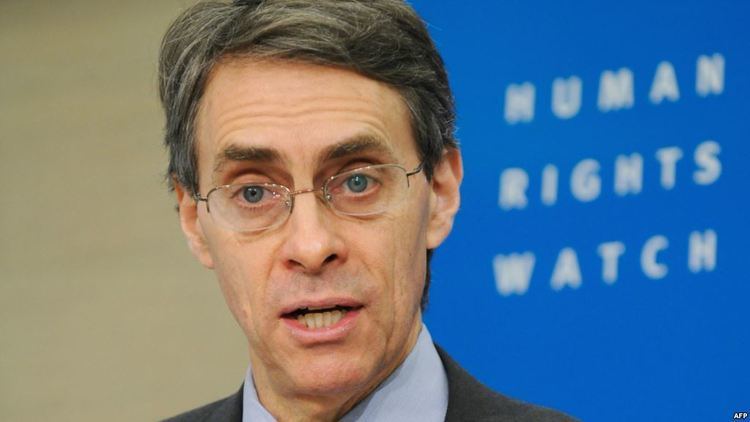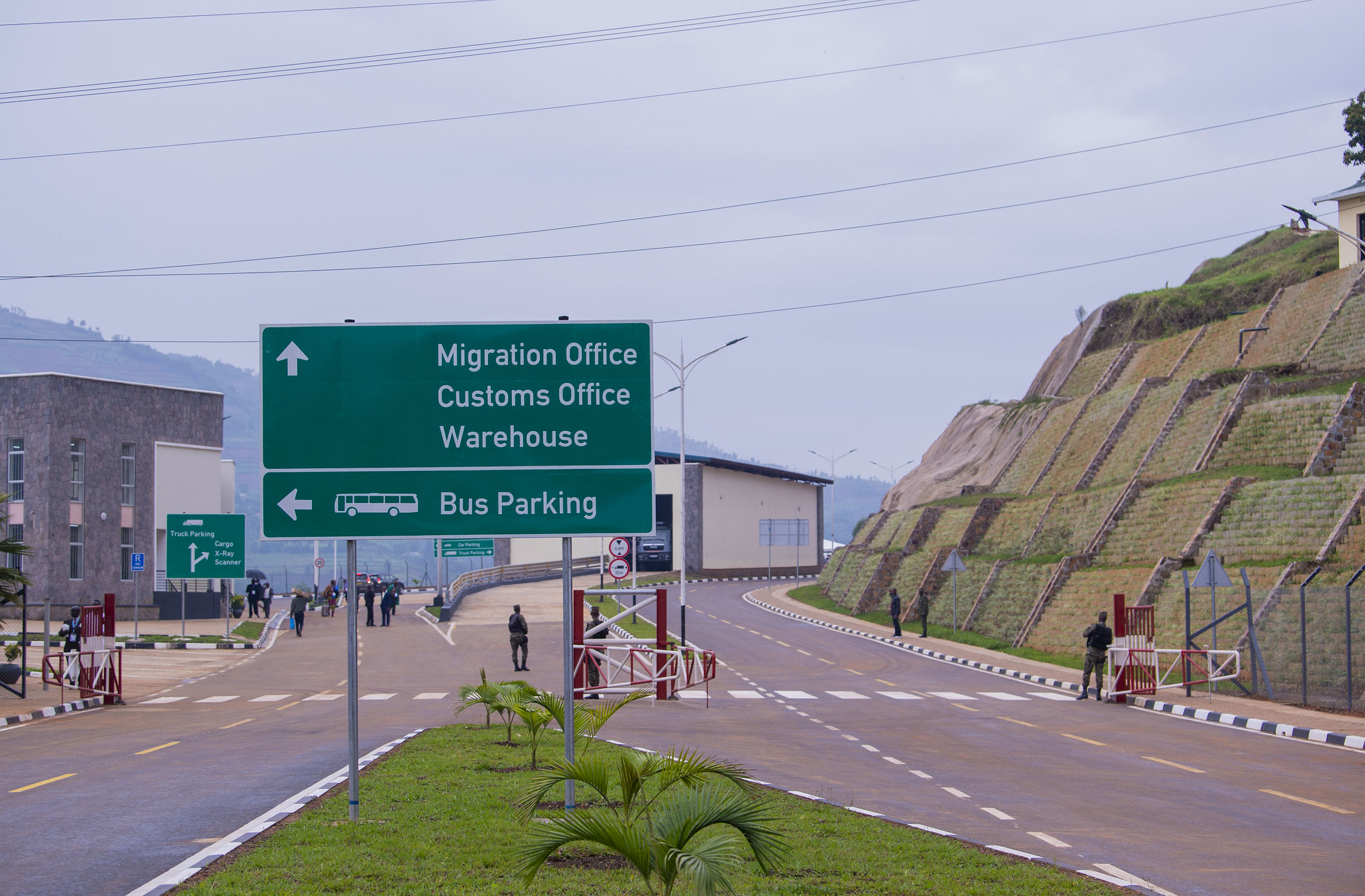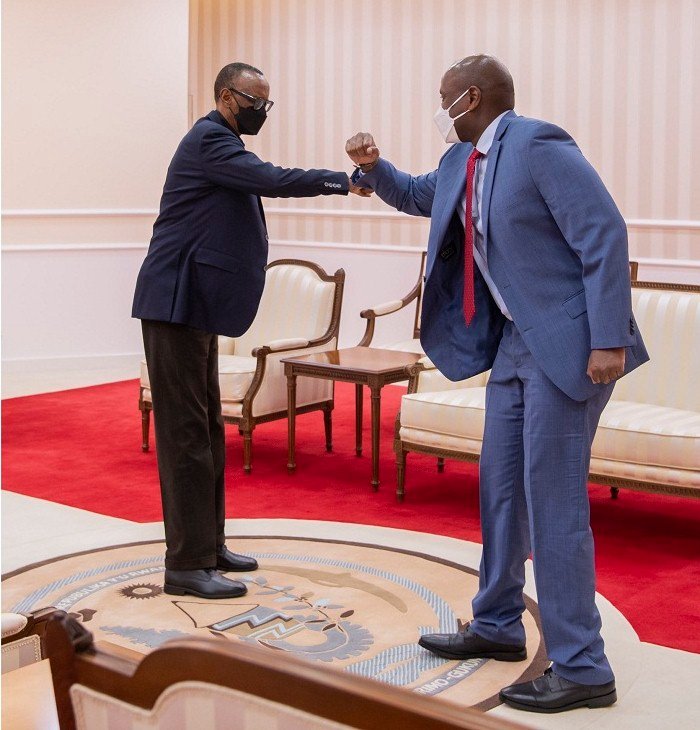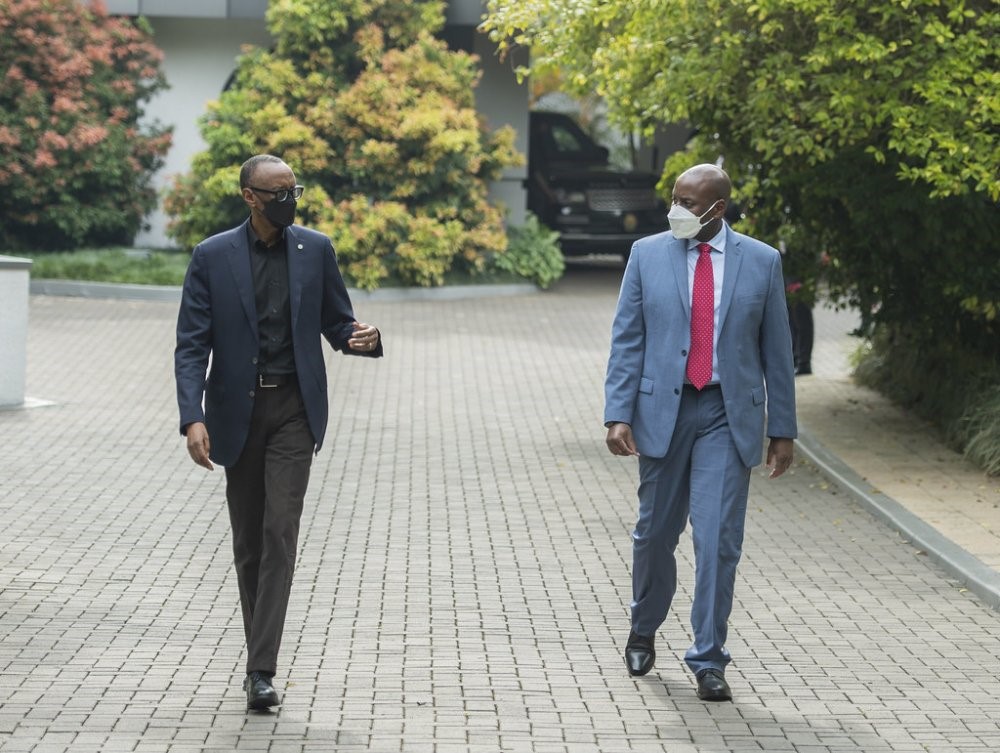Regional
Why Rwanda celebrates King Mutara III Rudahigwa
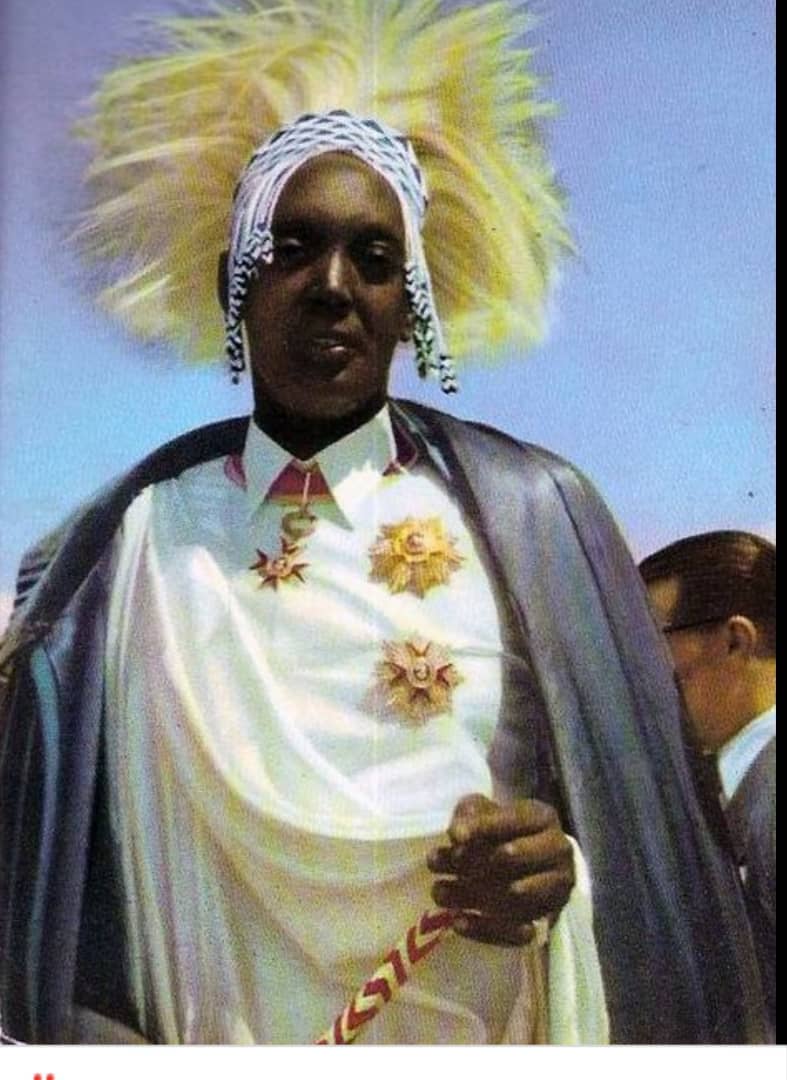
King Mutara III Rudahigwa is one of the most
famous monarchs
in Rwanda’s recent history.
Born in March 1911 to King Yuhi V Musinga and
Queen Kankazi in Cyangugu, in western Rwanda, Rudahigwa will always be
celebrated by Rwandans for the tremendous transformation he championed in the
Rwandan state.
The few who were lucky to be
alive at the time, will tell you that King Rudahigwa’s leadership style was
contagious, one that refined the dignity of Rwandans as a people and strived
for the unity of the Rwandans during the puzzling times of his
reign.
His reign was puzzling
because he had the unenviable task of balancing modernity, which came with the colonialists, and keeping the national sanctity.
He believed in sustainable
development of the nation and struggled for the dignity of Rwanda as a nation
which were almost incompatible at the time when colonialists wanted every slice of the
African cake.
He was a leader with great foresight
capacities.
And, unlike many Rwandan monarchs, Rudahigwa
embraced and attended formal education.
From testimonies, he is
always described as a brilliant student of the then prestigious Astrida School,
now Groupe Scolaire Officiel de Butare, or Indatwa, as its alma
mater like to call it.
As a 20-year-old, Rudahigwa
inherited leadership from his father, Yuhi V Musinga, known
to have resisted the Belgian colonizers who later forced him to abdicate his
throne.
One would have thought that
against the predicament of his father who was dethroned and cast into exile in
a humiliating fashion, Rudahigwa would dance to every tune of the new sheriffs in
town.
But contrary to that, his
legacy is that of a very keen leader who fought against the Belgians’ predispositions
of divide and rule policies and proclaimed decrees that aimed at unifying the
nation.
In 1949, Rudahigwa, against all odds, abolished forced labor and the infamous Kiboko to which the population had been subjected to for years.
His unilateral decree was
certainly not welcomed by the Belgian administration as it was a bold step to
resisting their influence in Rwanda. It was aimed at weakening them
as it empowered Rwandans to act independently by doing what they judged was
important for them.
In 1953, King Rudahigwa made
a second and daring step. He abolished Ubuhake – subjugation. This
one was a highly celebrated pronouncement amongst Rwandans and a game changer
in the overall administration equation.
It made a significant impact
in the political atmosphere in Rwanda, with the monarch’s popularity increasing
across the country and that of the Belgian colonizers declining
dramatically.
Prior to these famous
decrees, Rudahigwa had dedicated much of his time to modernizing the country
through the development of agricultural practices, education and other
important areas of national development.
He introduced the Fonds Mutara
Rudahigwa which offered scholarships to Rwandans, developed projects
that improved agricultural productivity and sensitized Rwandans to always aim
at improving their welfare.
He was a reformist who
believed in modernization and in Rwanda’s sovereignty.
Rudahigwa will always be
remembered as the King who believed and expressed his ideals on the sovereignty
of his nation and its people; sometimes in a fierce but well
calculated fashion.
Stories are told of how, during one of
his many trips from neighbouring Burundi, King Rudahigwa made an impromptu stop
over at the famous Hotel Faucon, in Huye District. At the time, the hotel was an
exclusive facility for white people. It was a no-go zone for the black
race.
To his surprise, Rudahigwa
who was already out of his car and moving towards the hotel’s entrance saw a
public notice that read: “Access forbidden to dogs and black people.”
He was infuriated by the
dishonorable announcement. He was then
stopped by a white guard who tried to remind him of the notice at the door
thereby blocking him. In the process, the King slapped hard the white muscular man and ordered
all the members of his delegation to enter the hotel.
The King believed in the sovereignty of
his people and strived for their rightful position in their own country.
Rudahigwa, who after trying
to reach a compromise with the Belgian administration by allowing to be
baptized, among other concessions, was denied the right to agitate for the
country’s total independence. He was tricked into what came to be his
assassination plot.
He left a great legacy to be celebrated by
Rwandans.
The greatest legacy he
left for generations is that of striving for the country’s dignity and for its
rightful independence in doing what it deems right for
itself.
As Rwandans celebrate
Heroes’ Day, may King Rudahigwa’s
patriotism and his fight for Rwanda’s dignity
guide them to sustain the transformation journey of our beloved Rwanda.
King Mutara III Rudahigwa is one of the Imena
heroes who will be celebrated as the country marks the 28th Heroes’
Day celebrations.


